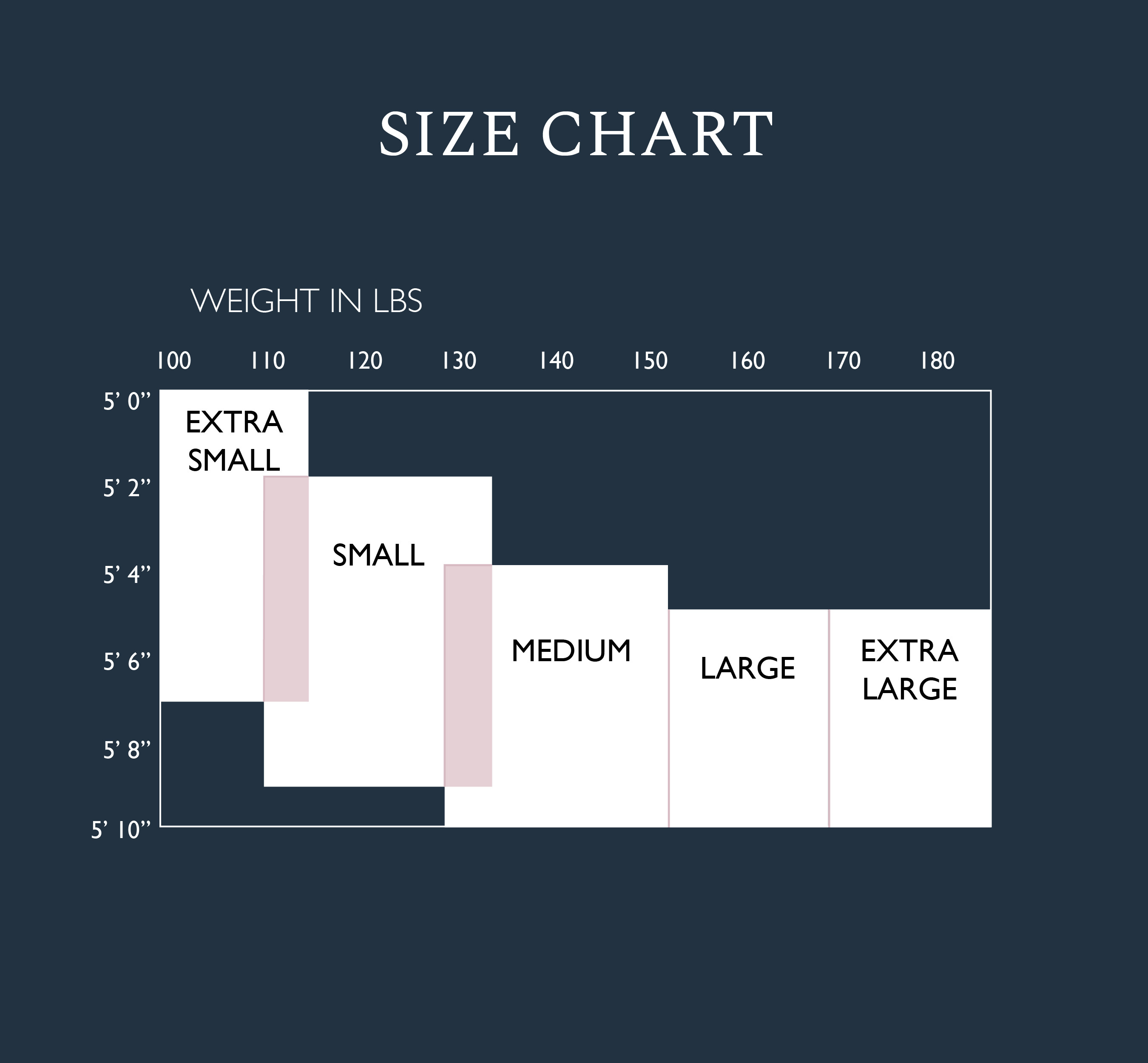
Routines & Schedules: Why Something That Sounds Boring Is Powerful
We were thrown a pretty big collective curve ball recently, and I know I’m still adjusting. My normal weekly routine of teaching large yoga classes, going to school, counseling clients in person, and visiting with friends and family pretty much flipped sideways overnight. Everything in my day planner essentially turned into confetti. All of a sudden, a Tuesday and a Saturday look remarkably similar. Rather than panicking I turned to a technique I’ve been refining for years—CREATE STRUCTURE.
The antidote to uncertainty is stability. Routines provide stability. Where days that are random, unorganized, and fragmented can exacerbate distress, days that are thoughtful, planned, and cohesive can amplify peace. A messy schedule effects the mind in the same way a messy room effects the mind. Messiness inherently breeds anxiety. Where unorganized chaos feels unsettling and unkind, organized thoughtfulness feels comforting and kind.
Read this paragraph if you want context. According to Ayurveda, change increases Vata Dosha. Vata is the energy of space and air. Too much Vata is like a windstorm. Everything is scattered everywhere. (I think many people are experiencing this right now.) When Vata is high people are prone to experiencing anxiety, insomnia, indigestion, low back pain, and constipation. Creating stability through routines is the paramount way to balance Vata energy, thereby helping to manage such symptoms. In the mental health profession, there is an approach called Solution Based Therapy that aims to remedy mental distress by uncovering a solution that can be immediately applied to a pressing problem. For many of us, a surge of mental distress is stemming from a change in routine and worry about the unknown. From a mental health counseling perspective, a potential solution would be to establish a routine that provides regularity during a time of otherwise abnormality.
Routines and schedule do not need to be rigid. Rather, the function of a routine/schedule is to provide a template in which a person can harness a freedom to engage mindfully. In the following section, I will provide suggestions based on your individual level of attraction or resistance to the concept of routine. Level One is suitable for the person who resists routines. These are baby steps. Level Two is perfect for someone who appreciates some structure, and Level Three is for the person who celebrates structure and wants a defined plan. All three levels are purely for the sake of providing examples of viable options. There is no one size fits all perfect outline. Nothing is set in stone. Please don’t get so wrapped up in the details that you miss the big picture. We are reminded that the aim here is to establish a model of a daily routine/schedule that serves as a template for normalcy and balance.
Level One (for someone who wants baby steps) Choose two of the following and aim to complete your two choices sometime between waking up and going to sleep each day.
Level Two (for someone who appreciates structure) Follow the following as a template. Feel free to redesign the structure to suite your needs.
Level Three (a defined plan for someone who celebrates structure)
I share this because while what we’re going through right now is temporary, the ability to adapt and adopt new strategies for coping has made a difference in my own life. I hope these tools will be of some value to you as well. If you would like counsel and guidance on how to create a new schedule, or navigate this new territory from an Ayurvedic/Mental Health perspective I am here for you. To schedule a 1 hour individualized session via Zoom, please email me at contact@wellblends.com.
Thank you. Sending you and yours tremendous love.
If you liked this blog, check out our other blogs like: "Sitting too Much? 5 Ways to Get Moving," "Threading Together 2020", "8 Different Types of Yoga: Explained to Help you Choose", and "8 Ways to Show Yourself Some Kindness."


